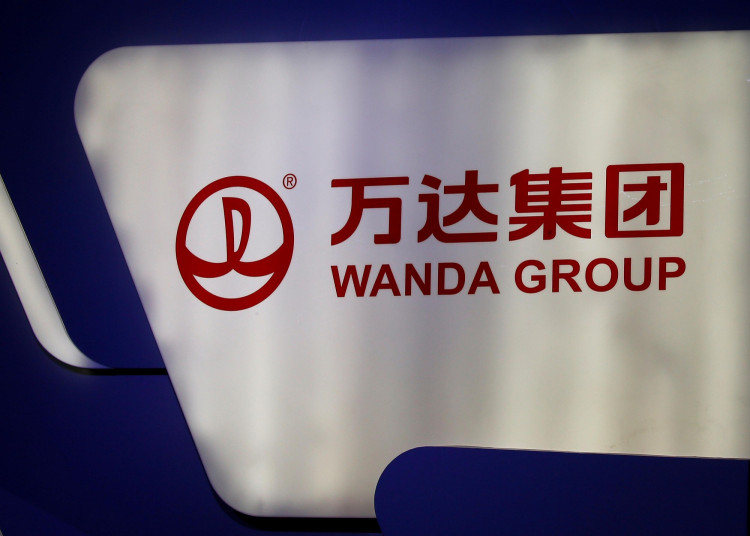China's Dalian Wanda Group has agreed to relinquish majority control of its influential mall unit, in a strategic deal valued at $8.3 billion. The transaction will see a consortium led by the global private equity firm PAG acquiring a 60% stake in Newland Commercial Management, the entity that oversees Wanda's expansive mall operations under Zhuhai Wanda Commercial Management Group Co. The remaining 40% will stay under Dalian Wanda's purview, marking a significant shift in the ownership structure of one of China's premier commercial property developers, according to Bloomberg News.
This agreement stems from a broader investment framework established in December, aimed at restructuring Zhuhai Wanda and ensuring its sustained growth amid the ever-evolving dynamics of the Chinese property market. The consortium not only includes PAG but also boasts participation from prominent investors such as CITIC Capital, the Abu Dhabi Investment Authority, Mubadala Investment Company, and Ares Management Corporation, all of whom are betting on Newland's robust market presence and its portfolio of 496 large-scale shopping malls spanning 230 cities across China.
David Wong, a partner and co-head of private equity at PAG, expressed confidence in Newland's competitive position and its pioneering edge in China's retail space. The investment, according to Wong, is poised to leverage Newland's operational strengths to generate consistent and growing returns for its stakeholders. The deal is also anticipated to usher in a new era of corporate governance for Newland, distinct from its previous ties with Dalian Wanda, alongside fostering management incentives and facilitating operational enhancements.
This restructuring is part of Dalian Wanda's broader strategy to navigate the financial intricacies tied to its initial public offering ambitions for Zhuhai Wanda. The company, led by billionaire Wang Jianlin, faced a potential repayment obligation of 30 billion yuan plus interest to pre-IPO investors if it failed to list Zhuhai Wanda by the end of 2023. With the IPO still not materializing, the December agreement effectively averted this financial predicament by redistributing control and stakeholder equity, with no immediate mandates for an IPO date, thus allowing Wanda to recalibrate its market strategy amidst heightened borrowing costs and regulatory scrutiny within the Chinese property sector.
This transaction not only underscores the intricate financial engineering within China's real estate industry but also highlights the strategic recalibrations companies are undertaking to adapt to regulatory pressures and market shifts. As Newland embarks on this new chapter with a diversified ownership structure, the deal serves as a testament to the enduring allure of China's commercial real estate sector to both domestic and international investors, despite the overarching challenges that have beset the industry in recent times.






